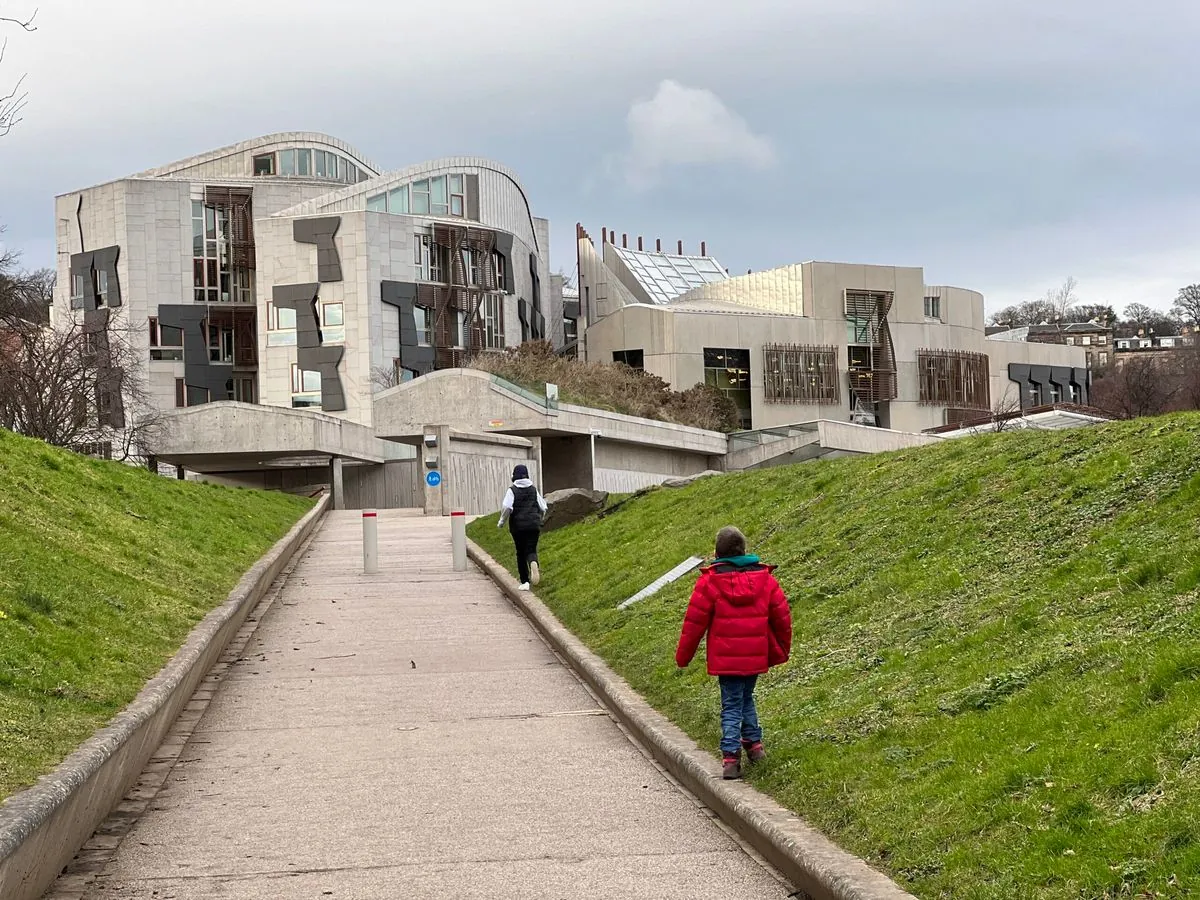Scotland's Finance Chief Faces Backlash Over Looming Budget Cuts
Scotland's finance secretary blames UK government for impending budget cuts, facing criticism from opposition and fiscal watchdog. SNP's generous spending history leads to current financial strain.

Scotland's finance secretary, Shona Robison, is facing significant criticism for her approach to the nation's looming budget crisis. As the country braces for substantial cuts in public services, Robison has preemptively attributed blame to the UK government, a stance that has drawn sharp rebuke from various quarters.
The Scottish Fiscal Commission (SFC), an independent body established in 2014 to provide economic and fiscal forecasts, has contradicted Robison's narrative. The SFC suggests that the Scottish government's financial predicament is largely self-inflicted, resulting from years of generous spending policies. This assessment aligns with Scotland's historically higher public spending per person compared to the UK average, a fact that has been a point of pride for the Scottish National Party (SNP) government.
Opposition parties have not held back in their criticism. Conservative representative Liz Smith called for Robison to acknowledge that Scotland's financial troubles stem from the actions of the Scottish government rather than Westminster. Labour's Michael Marra described Robison's statement as an inadequate attempt to deflect responsibility.

The core of the issue appears to be public sector pay, which is notably higher in Scotland than in the rest of the UK. This disparity, while celebrated by SNP ministers as a testament to their commitment to public services, has contributed significantly to the current financial strain. The Scottish Government, which has had full control over income tax rates and bands since 2016, now faces a £1 billion budget deficit and is contemplating £500 million worth of cuts.
This situation is particularly challenging given Scotland's unique position within the UK. While the Scottish Parliament, established in 1999, has control over approximately 60% of public spending in the country, it still relies partly on the block grant from the UK government, calculated using the Barnett formula.
The SNP's approach to public spending has been characterized by the implementation of several universal benefits, including free university tuition for Scottish students introduced in 2008 and free prescriptions. While these policies have been popular, they have contributed to Scotland's fiscal deficit consistently exceeding the UK average in recent years.
As Scotland grapples with its financial challenges, the situation serves as a stark reminder of the delicate balance between generous public spending and fiscal responsibility. The coming months will likely see intense debate over how to address the budget shortfall while maintaining essential services for the Scottish people.
"This is a threadbare attempt to pass the buck."
The current crisis underscores the complexities of devolved governance and fiscal management within the UK's constitutional framework. As Scotland's third-largest economy in the UK faces tough decisions ahead, the outcome will undoubtedly have significant implications for the ongoing debate about Scotland's financial autonomy and its relationship with the rest of the United Kingdom.


































